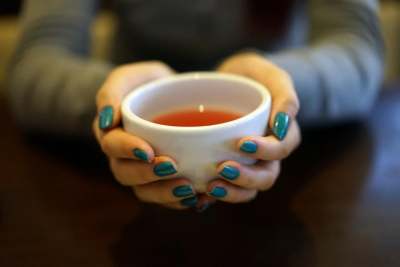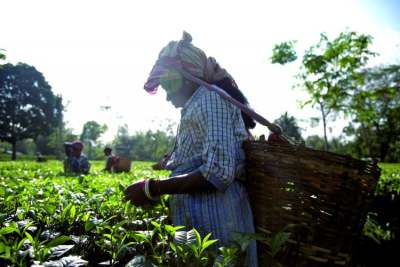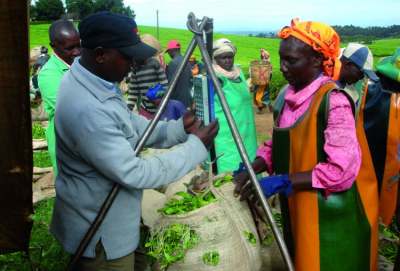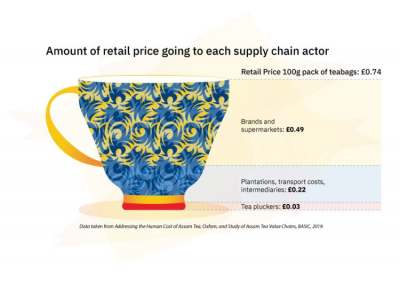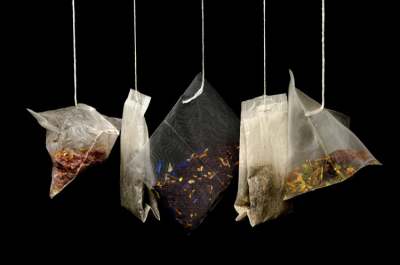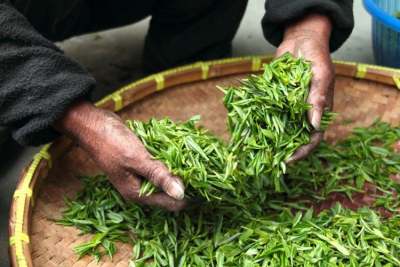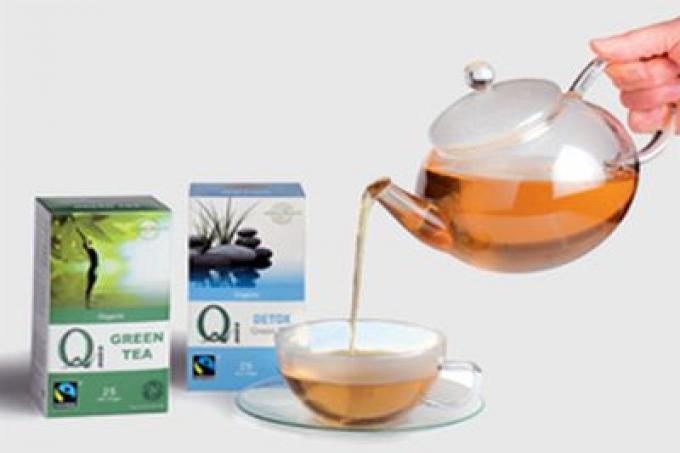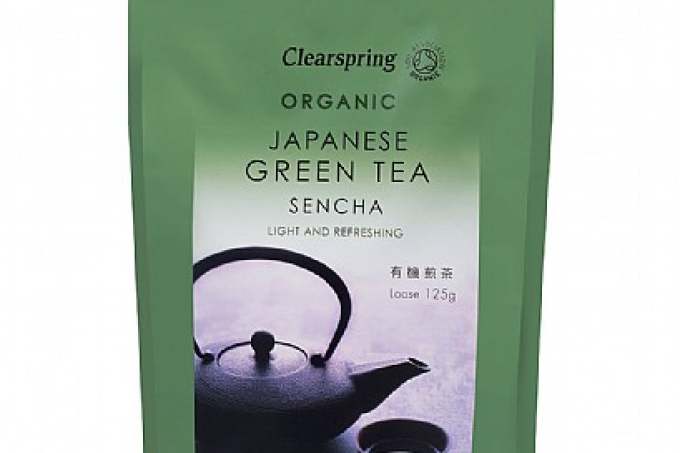In the UK, to express a preference for a drink other than tea is an act of treason. Okay, that’s not quite true but we do spend around £500 million a year on the stuff and drink 36 billion cups of it.
Our love of tea connects us to millions of workers and smallholders in tea gardens around the world. Many of these were first established in British colonies, such as India and East Africa, to meet the demand of the British market and undermine China’s dominance of the trade. The colonial regimes have gone but many of the brutal working practices from that period continue, particularly in Assam in India.
Despite the fact that tea provides an income for some of the world’s poorest people, the industry remains beset by labour and human rights abuses.
Who's in the guide to ethical tea brands?
In the UK, four brands – Yorkshire, Twinings, PG Tips and Tetley – account for nearly 70% of black tea sales. Twinings, PG Tips and Tetley are all owned by multinational companies with turnovers in the billions and together account for about 17% of the global tea market (Twinings - Associated British Foods; PG Tips - now ultimately owned by CVC Capital; Tetley - Tata). Domination by large companies means they can use their power to suppress prices.
Most of the other brands in the guide are small by comparison with a tiny market share and many of them only sell tea. We haven’t included supermarkets here as they were covered in their own guide in issue 194. But own-brand supermarket tea is a significant part of the market, accounting for nearly 20% of sales, so we do discuss some of their practices below.
This guide covers black tea and green tea. We have a separate guide to herbal teas including rooibos.

